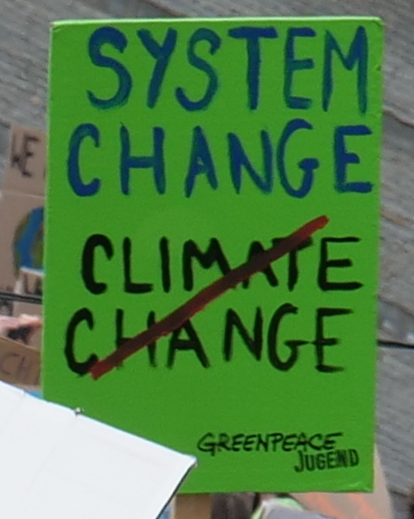Research Agenda
.jpg)
Research Agenda
Over the course of three years (2020-2023), the CRRP will research anthropogenic climate change and the ways in which the law, and specifically human rights law, can respond to it.
Cases related to harms caused by climate change will test the limits of the existing human rights machinery and cause human rights bodies to face their greatest challenge to date. The CRRP analyses the current developments in this regard. It takes climate change as its focal point, and examines how regional and international human rights bodies can effectively counter systemic or large-scale human rights violations (or risks of violations), in particular those caused by global climate change. In other words, the project interrogates human rights law's potential to tackle the lopsided power structures that empower certain (corporate, economic or political) interests over others (namely the human and environmental), as well as the ways in which these structures constrain a response.
In the face of political intractability, the question of countering structural, systemic, large-scale crises and violations is not just a question of achieving standing before a human rights body or of making a convincing argument in terms of substantive law. It is also -- and rather importantly, if these findings are to have effective practical import -- a question of how to ensure that the findings of such bodies are implemented in practice. This means looking not just at how remedies are awarded, but also at how to best ensure that States implement those orders, and at theorizing an account of human rights law that can, if not provide environmental justice, then at least not stand in the ways of such.
Four streams of research
The project will have four main streams. These are:
Stream 1: Litigation. This stream will map how climate cases have been litigated before international and regional human rights bodies, and how this may develop in the future. This stream will focus both on procedural and substantive questions. It will also seek out inspiration and identify strategies from domestic (public interest) litigation.
Stream 2: Remedies. Are the remedies currently available before regional and international bodies for human rights violations working, and could they work better? Are compensatory awards fit for purpose, or do they allow States to 'buy' their way out of compliance? And, in particular, can human rights bodies help to remedy large-scale violations through structural reforms? How can risks and damages to individual and collective human rights' holders be analyzed and assessed, and how can this be translated into effective remedies?
Stream 3: Theoretical account and critical reflection. This stream will enable critical reflection on the ability of human rights law to meaningfully tackle the underlying ideologies, values and systems that have led to the climate crisis.
Stream 4: systemic issues beyond climate change. This stream will consider human rights responses to other systemic issues, even those lacking an immediately visible nexus to climate change. Understanding the drawbacks and advantages of a human rights response to systemic issues should inform the understanding of climate change as a human rights issue, and create a broader outlook going forward.